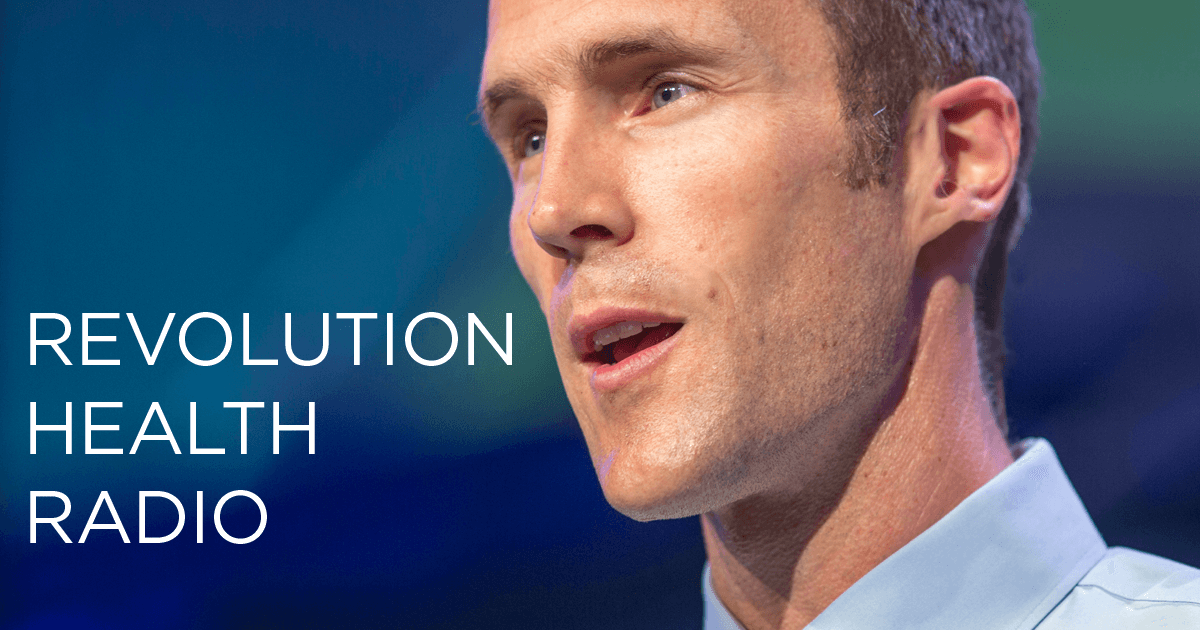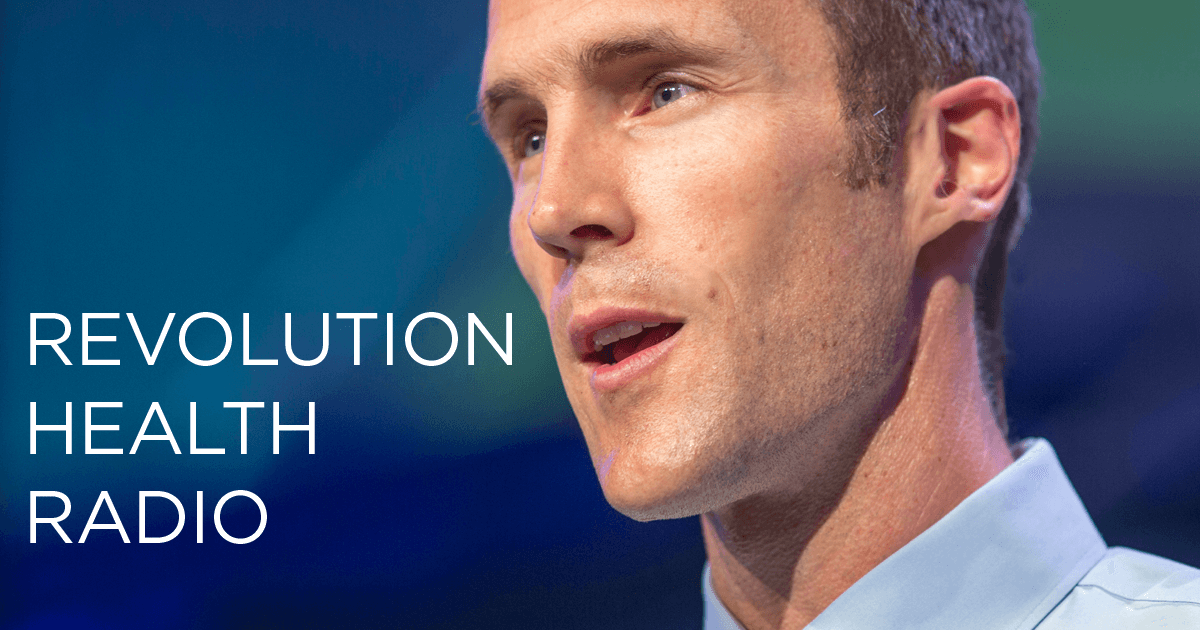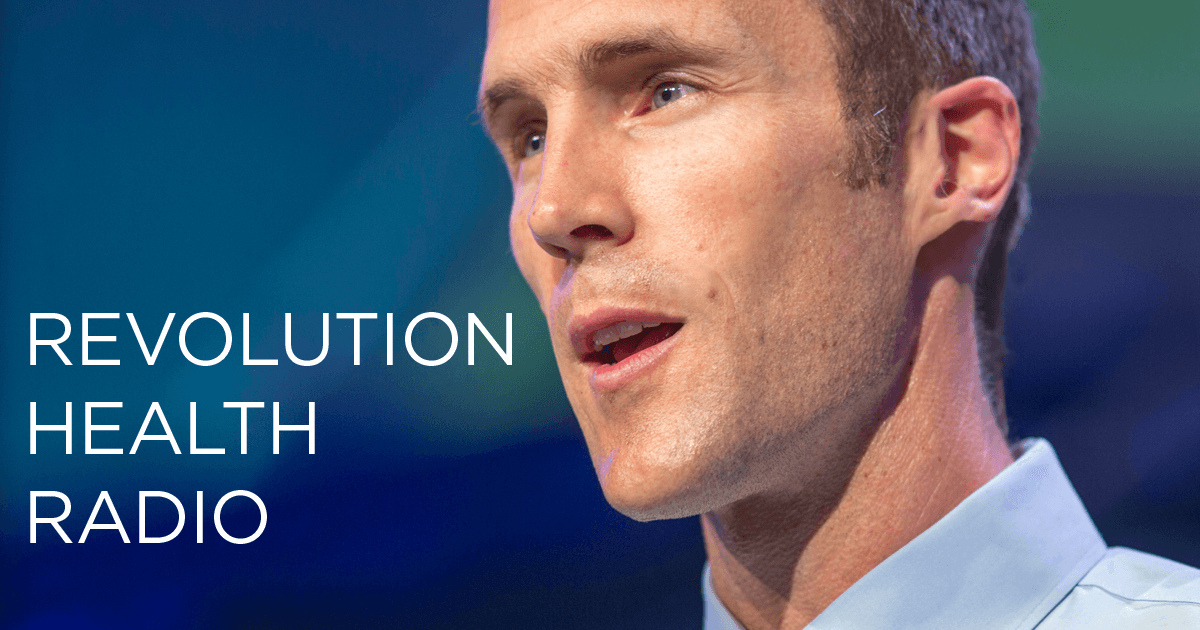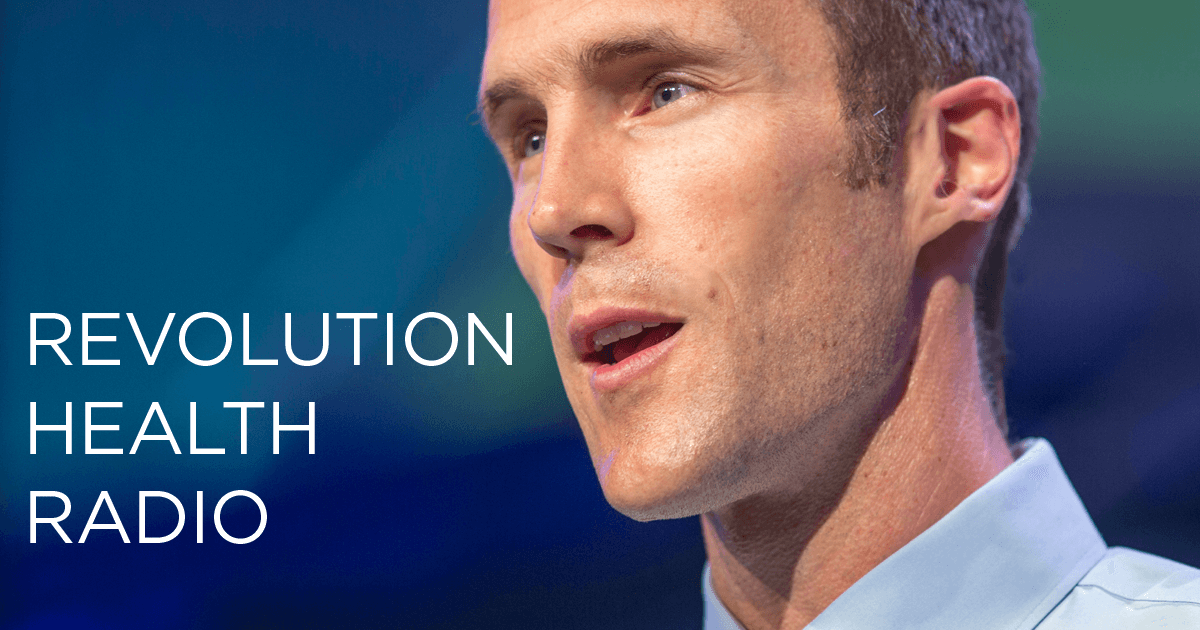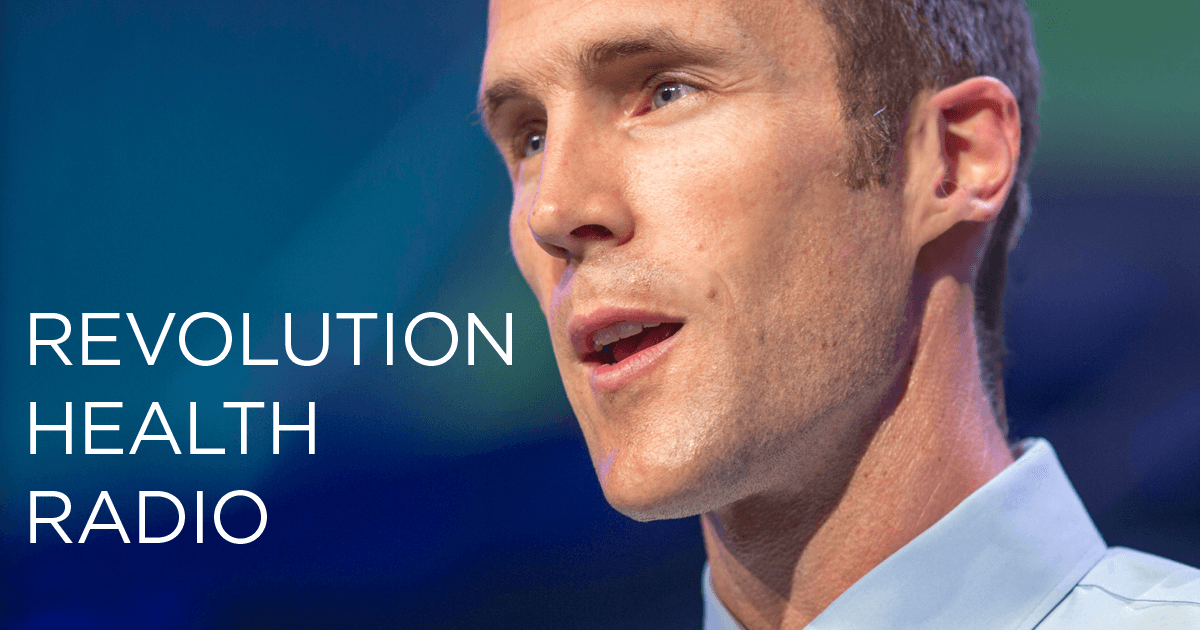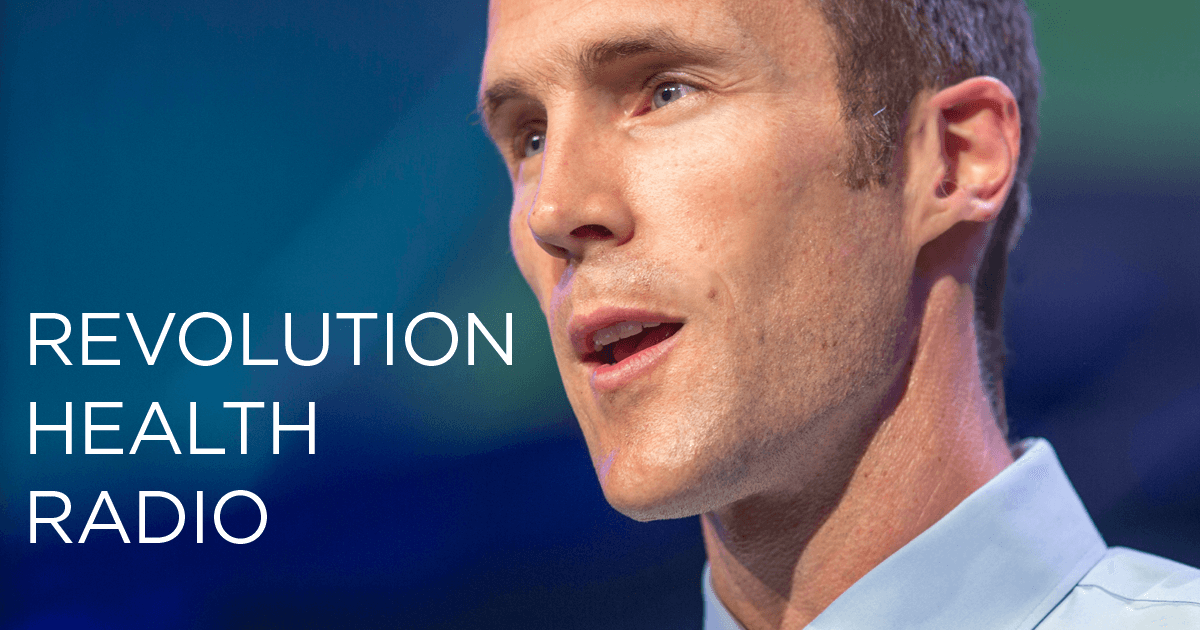RHR: Focus on Your Feet to Live Pain Free and Be a Better Athlete, with Graham Tuttle
In this episode, we discuss: Why feet matter for health, performance, and coordination How your shoes impact your feet Finding a balance between barefoot life and being shod Fascia and how the entire body flows together as one unit Running movement and mechanics Show notes: [embedded content] Hey, everybody, Chris Kresser here. Welcome to another episode of Revolution Health Radio. Most of us go our entire lives without thinking much about our feet. But as we’ll discuss in this show, that’s a huge mistake because our feet are the platform that supports our entire body, sometimes six feet plus and 250 pounds plus [of it]. Yet we have rarely developed the same sense of awareness and articulation in our feet and our toes that we have with our hands, for example....



